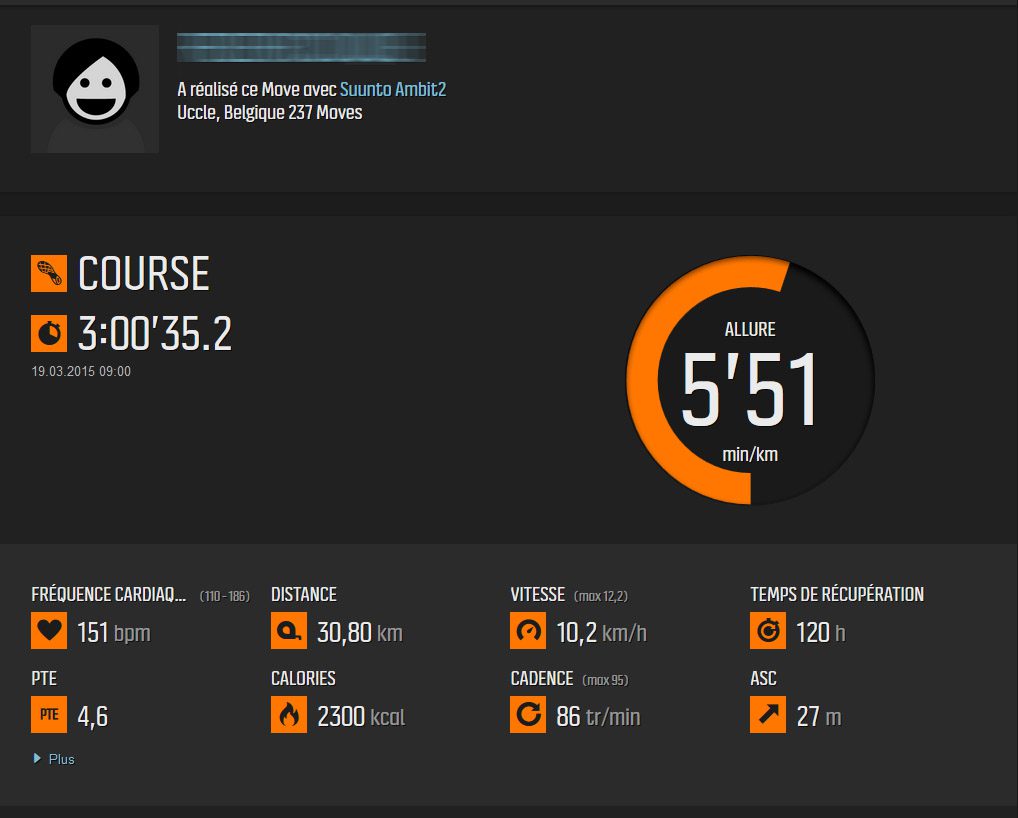Have you ever thought that what you post on Facebook may have a direct financial impact on the price you pay for products and services? You may want to read further if you want to find out why.
We just started an amazing assignment in the field of CRM, Big Data and data mining. On this occasion we’re exploring various way to exploit data from different sources: Facebook, Twitter, connected objects, …. During a group discussion a very interesting idea popped up. What if the health-related information we post could be used by third party to make assumptions on our life expectancy, our health conditions and eventually the cost we represent for the Society.
Most of you would refuse to give personal health-related data to third party. You probably want to keep your blood pressure, cholesterol rate, heart beats secret, don’t you. Yet some of you live with connected armbands, run with connected shoes. Even worse, some of you post this very sensitive information on Facebook without knowing it.
I’ve run 10 km in 1:15 hour
Have you ever seen on your Facebook wall messages saying : “I’ve run 10 km in 1:15 hours using XYZ App ?”. Have you ever wondered what’s behind those posts ? You may want to click on the post itself and you’ll be amazed to discover some VERY private information about your friend. Have a look for instance at the screenshot below. It’s a real one posted by a client of IntoTheMinds who uses the Suunto Ambit2 watch. This intelligent watch captures data about your body condition and, when you have finished jogging, releases this data publicly on your Facebook wall.
You can see the heart beats, the calories burned, the recuperation time, and much more …
Now comes the tricky part.
Can you imagine what an insurance company could do with the data ?
Imagine you want to buy a house. You need to cover the risk of dying with an insurance (it’s a legal requirement). You’ll soon find out that the pricing differs very much based on your age, whether you smoke or not.
But you could imagine a much more precise and powerful way to price the insurance and, for the insurance company, to cover the risk. What do you think an insurance company could do with data on your heart beats, training patterns, recuperation times ? They could very well exploit this data to determine whether your condition is good, improving or deteriorating.
Conclusion
This pricing method is of course forbidden. Actually the pricing of such insurance products is now following some very strict rules. Taking gender into account is for instance forbidden by now.
But it remains that this sensitive data is published publicly by individuals who don’t realize the risks associated.
Never forget that all the data collected on you can be exploited against your interest. Limiting access to data may well be the next challenge of the century. Powerful companies were born on the over-collection and over-exploitation of data. Big data analytics is the result of this. A few years will be needed until people realize that access to their personal data must be restricted. Will it be the next IT revolution?
Photo: Shutterstock
Posted in Marketing.
